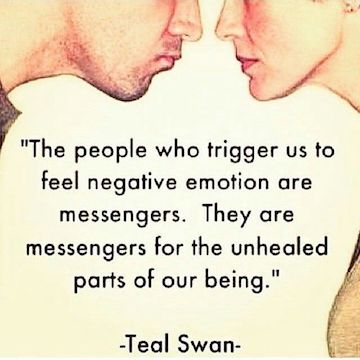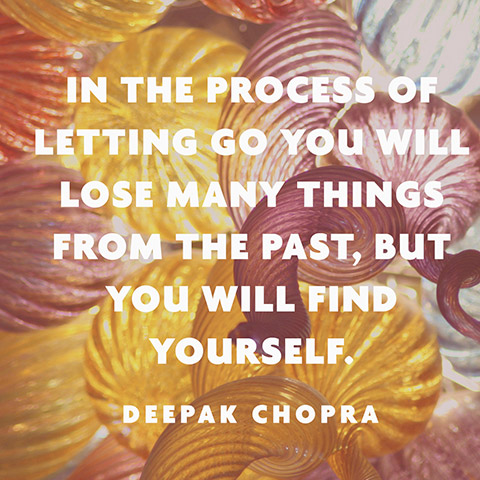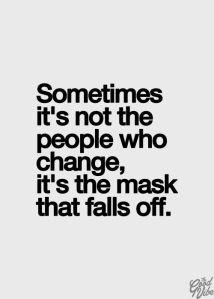
What is our inner child?
A part of our psyche that retains childlike qualities, emotions and experiences from our early years. By learning to explore and nurture our inner child, we can better understand and heal from past experiences that can bring joy and authenticity to adult life.
Any little trigger can set off the ‘wounded child’ such as feeling judged, being rejected, being yelled at, looked at a certain way, not feeling safe to share feelings, etc. If we can learn to stay aware in the present, and grounded in reality we can confront the emotions that arise and work toward healing.
The narrative that comes from the wounded child.
Once triggered, our inner voice may send us a message such as:
“I am not worthy, I am less than, I am not wanted or good enough.” When we enter into the inferior mindset we allow that voice to become louder and stay loud.
From poor treatment, abandonment, neglect, and rejection, it only makes sense to revert to that way of thinking even if we have found something healthy.
Where does this stem from?
Insecure attachment styles in relationships. For example, if we are constantly in fear of someone leaving us, then when they physically or emotionally are not present we are triggered to believe “THEY MUST NOT WANT ME.” If we can stay aware of reality and what evidence is showing us, we will know that this is not true!
We feel this in our bodies– shakiness, anger, anxiety, paralysis, hyper-vigilance. These are trauma responses we have turned to for survival. In times of danger our bodies respond in ways to protect us and ensure that we are safe. It is only a problem when they become triggered in times where there is NO THREAT and no danger. Why? Because we PERCEIVE danger where there is none. We are trained to react in these ways, but we can learn to see things differently.
What can we do?
Since the familiar feels more comfortable, we tend to stay in it. We can snap ourselves out of it through awareness and action. We need to get grounded in the current healthy experience that does not resemble the past.
We all want to feel loved, desired, respected, and wanted. These can be new feelings, and because they are new they are unfamiliar, strange, scary, and off-putting. We DESERVE to feel love, and we just have to heal the wounded child who did not have this love.
Try having a conversation with your inner child and identifying what age you feel. What would you tell him, her, or them to do differently? You can provide words of encouragement, support, validation, and even soothe through deep breathing. We can learn to regulate the emotions that come up as they are happening now, and transfer those feelings to your younger you as you heal.
What is your inner voice trying to tell you? Do you find it difficult to heal from past experiences? Share below and let’s start a conversation.
Follow me on @alexagoldinglmft for more mental health related tips and educational resources.


 There may be a time when you meet another person and it feels as if you can see inside their soul. The connection you feel is full of energy, which feels somewhat familiar to you. Maybe you knew one another in a past life or are supposed to meet again for a purpose. It can feel like chemistry and a comfortable bond that may grow and turn into a romantic relationship. However, overtime, just like any other relationship you see their flaws. You love them anyway, even if you recognize they are not healthy flaws that add to your life. You keep going, but eventually it all comes crashing down…but in a good way. Your eyes are now open to what you chose to ignore before. Instead of a loving connection this was leading you to learning another important lesson. Even without knowing why, deep down in your gut you can understand what you learned from this person. Sometimes all we get is silence and ignorance from another person. The trick to dealing with that? Just accept it as the answer… There is no point in digging around when you can provide that answer for yourself through learning the lesson placed in front of you. Stay strong and move on. You may then reflect and ask yourself:
There may be a time when you meet another person and it feels as if you can see inside their soul. The connection you feel is full of energy, which feels somewhat familiar to you. Maybe you knew one another in a past life or are supposed to meet again for a purpose. It can feel like chemistry and a comfortable bond that may grow and turn into a romantic relationship. However, overtime, just like any other relationship you see their flaws. You love them anyway, even if you recognize they are not healthy flaws that add to your life. You keep going, but eventually it all comes crashing down…but in a good way. Your eyes are now open to what you chose to ignore before. Instead of a loving connection this was leading you to learning another important lesson. Even without knowing why, deep down in your gut you can understand what you learned from this person. Sometimes all we get is silence and ignorance from another person. The trick to dealing with that? Just accept it as the answer… There is no point in digging around when you can provide that answer for yourself through learning the lesson placed in front of you. Stay strong and move on. You may then reflect and ask yourself:

